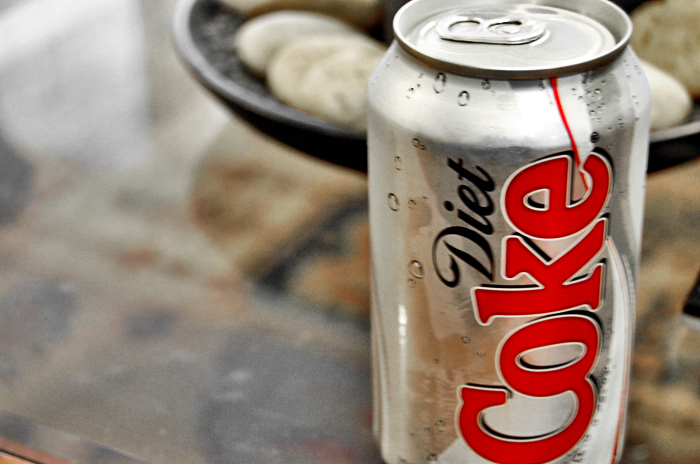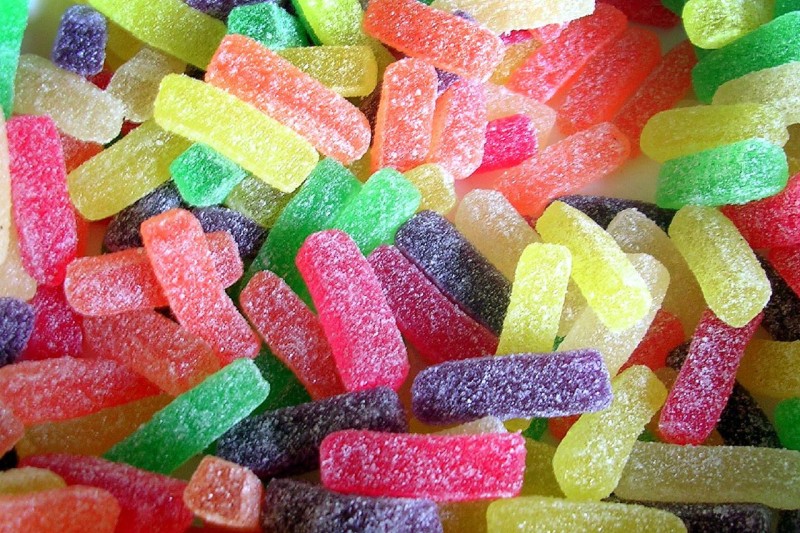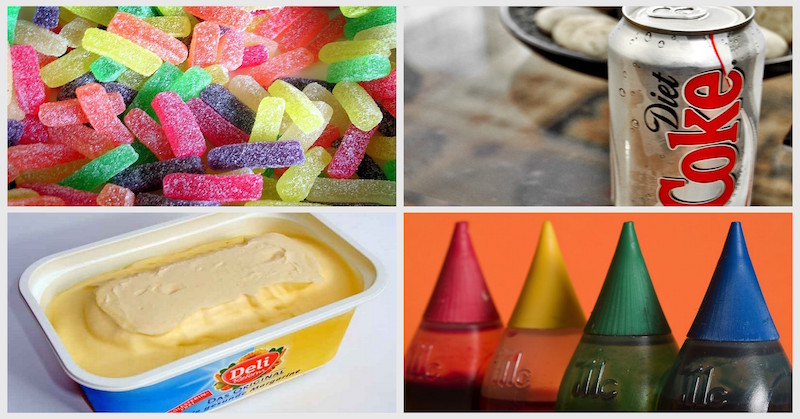Food additives are horrible for your body. There’s really no question about it. Even foods with GRAS status (generally recognized as safe) may contribute to chronic health problems in some individuals, especially children. (1, 2)
A study by the American Journal of Clinical Nutrition reports that additives have been used in food since ancient times but did not become something controversial until the 1800s. At that time the level by which people were mutilating and altering food was alarming. By today’s standards, however, those methods probably appear quite tame in comparison. (3)
In 2013, reporters from Marketplace estimated that processed foods make up as much as 70% of the American diet. (4)
Unfortunately, any warning about that number did not impact the consumer market. In fact, consumers have little choice in the matter. If you’re shopping at your local grocery store, then your food choices are now 73% ultra-processed foodstuffs. (5)
From cookies to crackers, cereal and yogurt, many people likely don’t even think of processed foods as “processed” anymore. They are simply referred to as “food” and consumed every day. And it’s having an impact on our health. (6)
Why? Even cheese is a “processed” food, because the act of adding culture to whey is a form of processing, as natural as it may seem to many people. By the same token, made-at-home crackers crisped in a dehydrator are processed.
So what’s the root problem with processed food?
Food Additives.
Not all food additives that make up processed foods are equal, but some are worse than others.
Here is a list of 10 food additives you ought to avoid.
1. Artificial Sweeteners
 In foods labelled “diet” and “sugar free” (such as Diet Coke), aspartame is the ingredient used as a sweetener.
In foods labelled “diet” and “sugar free” (such as Diet Coke), aspartame is the ingredient used as a sweetener.
Undoubtedly and shamefully, “food” manufacturers like Coca Cola have marketed these products as ‘healthy’ alternatives to their “classic” offerings. But, as has been known by professionals for quite some time now, the aspartame used in said products is even worse for you than actual sugar. (7)
Aspartame is a neurotoxin and carcinogen, found by researchers to – among many things – increase the chance of seizures. (8)
2. High Fructose Corn Syrup
High fructose corn syrup is found in things like bread, candy, flavored yogurt, and salad dressing. Researchers from Princeton University found that high fructose corn syrup causes weight gain unlike any other sweetener, even when the caloric intake is the same. (9)
3. Monosodium Glutamate (MSG)
MSG is a flavor enhancer used in many salad dressings, chips and restaurant foods. Some say it is to blame for the “Chinese Restaurant Syndrome” which causes people to get sick after eating Chinese food. (10)
Although MSG has yet to be unanimously proven in that regard, people who eat food containing it continue to complain of headaches, upset stomach and burning sensations around the body. (11)
The severity of reaction to MSG varies from person to person.
4. Trans Fat

Trans fats are used as a preservative. The American Heart Association reports that trans fats negatively impact your cholesterol levels and increase your risk of developing type 2 diabetes. (12, 13)
The Danish have actually banned foods containing trans fats beyond 2 percent.
Margarine is a trans fat. Manufacturers also use trans fats in cookies, chips, and fast foods.
5. Certain Food Dyes

Found in everything from birthday cake to cupcakes and cookies, artificial food dyes such as E133 and E124 have been reported by the FDA to be associated with behavioral changes. (14)
Recent studies have also linked artificial food coloring to damage of cell DNA. E124 has even been found to increase the likelihood of tumors in animals. And yet, the FDA has rejected several attempts and petitions to have artificial food coloring banned. (15, 16)
Meanwhile in the EU, products with food coloring are required to carry labels stating, “consumption may have an adverse effect on activity and attention in children.” (17)
The battle turns now to another chemical that enhances colors or acts as a primer for dyes: titanium dioxide. “Research shows the chemical is likely a neurotoxin and immunotoxin, and can damage the reproductive system, cause birth defects and damage genes.” (18)
6. Sodium Sulfite
While some forms of alcohol can actually benefit your health when consumed in moderation, wine containing sodium sulfite could actually be doing more harm than good.
Luckily, there are many types of wine made without added sulfites. While this might mean little to the uneducated eye, it can actually mean the difference between a relaxing drink and anaphylactic shock in cases of severe reactions. (19)
7. Sodium Nitrate/Nitrite
Processed meats and foods contain Nitrates and Nitrites. These salts help to preserve food. It’s best to avoid all nitrates and nitrites, but you may find ingredient lists that mention celery powder and “naturally occurring nitrates.” This allows for meat to be preserved and packaged without a chemical additive. (20)
Don’t get too excited, though.
Sodium nitrites added to processed meats are known carcinogens. They may also lead to depleted oxygen levels in the brain… Which makes decision-making tough. (21)
8. Sulfur Dioxide
The FDA has prohibited the use of sulfur dioxide on certain foods – and if something’s banned (well, partially) in American food, that means something. (22)
In dried fruits, even a small amount of sulfur dioxide can cause severe reactions in those who suffer from asthma. The same goes for sulfur dioxide found in beverages, as found in a medical study. (23, 24)
Reactions can be as severe as death in rare cases but are more likely to include breathing difficulties or allergy-like symptoms.
If you’ve been on the processed diet for a while, join our next Plant Based Group Detox!
You may be surprised by just how GOOD you can feel when you get the food additives OUT.
h/t: www.foodmatters.tv



